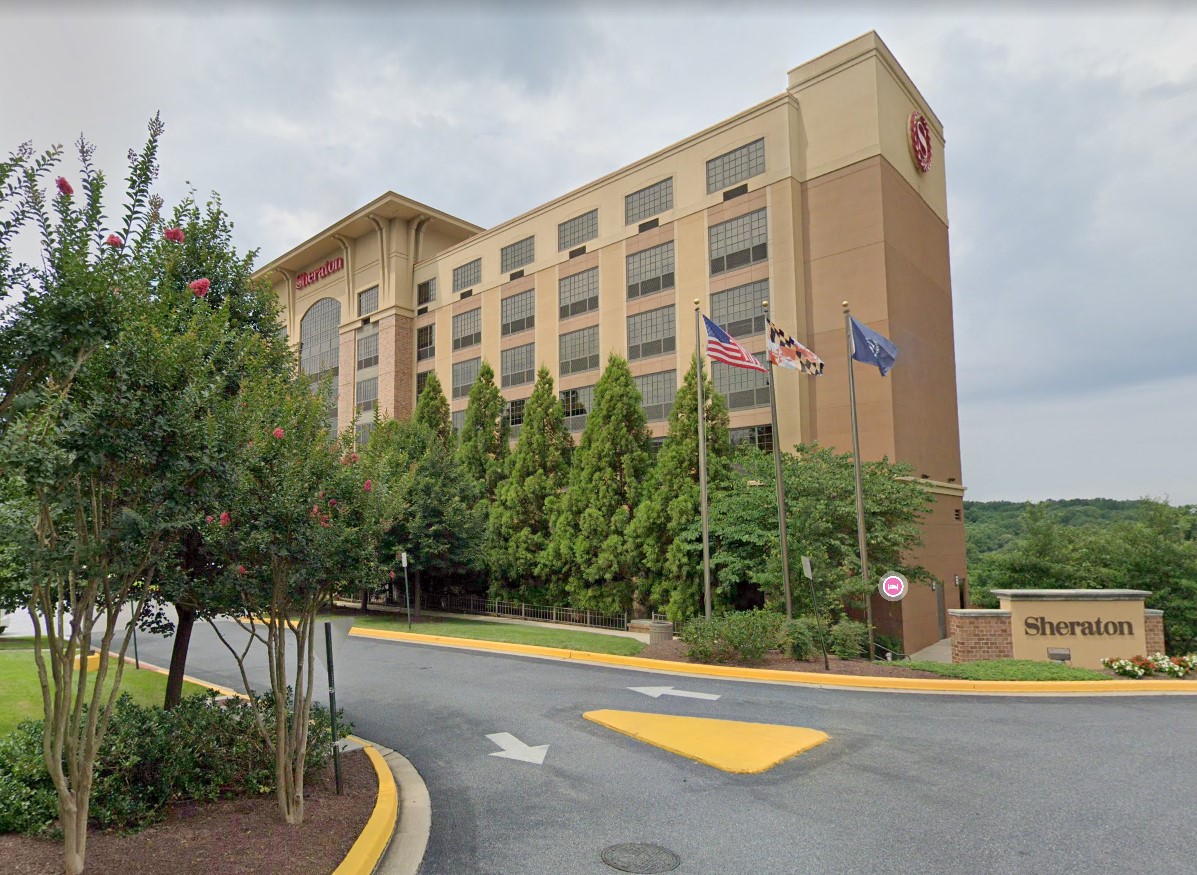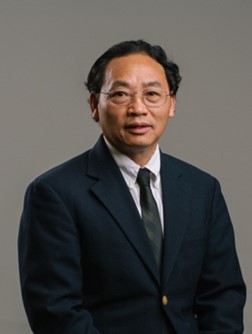Potentially World Changing Materials and Technologies: Thermoelectric Materials, Wide-Bandgap Boron Arsenide, and Superconductor Levitation
Electron Devices & Solid-State Circuits Chapter Meeting

Please join us in person for our first technical seminar of 2023!
The Baltimore Chapter of Electron Devices and Solid-State Circuits and the Northern Virginia Chapter of Electron Devices are please to host Dr. Zhifeng Ren of the Texas Center for Superconductivity. Dr. Ren will address a collection of topics on materials and technologies with world-changing potential: Superconductor Levitation, Thermoelectric Materials, and wide-bandgap Boron Arsenide (BAs).
Our venue has changed! This meeting will be held at the Sheraton hotel across from Embassy Suites near the BWI Airport. Please join us for some much-needed in-person networking! Refreshments will be provided, but on-line registration is required. You need not be an IEEE member to attend. Inside the Sheraton lobby, look for signs directing you to the IEEE meeting in Salon 3.
Date and Time
Location
Hosts
Registration
-
 Add Event to Calendar
Add Event to Calendar
- 1100 Old Elkridge Landing Road
- www.sheratonbwiairport.com
- Linthicum, Maryland
- United States 21090
- Building: Sheraton BWI
- Room Number: Salon 3
Speakers
 Dr. Zhifeng Ren of TcSUH
Dr. Zhifeng Ren of TcSUH
World Changing Materials & Technologies: Thermoelectric Materials, Semiconductor BAs, and Superconductor Levitation
Most modern technologies are based on breakthroughs in materials and new concepts. This is especially true for future energy conversion systems, electronics, and transport/storage of energy and moving of people/goods.
Devices based on thermoelectric materials can provide either cooling or electrical power, which are very much needed for some special applications. However, the thermoelectric properties of traditional materials did not have good enough properties. In the past 15 years, we have been able to not only achieve good progress improving the thermoelectric properties of traditional materials, but also discovered new materials with better properties and lower cost. These will be presented in some detail.
Semiconductors are crucial to society. A good semiconductor should have a wide bandgap, high carrier mobility for both electrons and holes, high thermal conductivity, well-matched coefficient of thermal expansion, etc. Until recently, such a semiconductor did not exist. Boron Arsenide (BAs) seems to have all these good properties; 2.1 eV bandgap, carrier mobility above 1400 cm2 s-1 V-1 for both the electrons and holes, and isotropic thermal conductivity higher than 1300 W m-1 K-1 at room temperature. In this talk, I will present the knowns and unknowns of BAs.
Transport/storage of energy and moving of people/goods are the most basic needs of the society. High temperature superconductors were discovered more than thirty five years ago to ultimately solve the transport/storage/moving of energy/people/goods, but the promise has not been actually realized in large scale, though there have been some demonstrations in small scale. In this talk, I propose a new concept, superconductor levitated high speed vehicle system, to solve these extremely challenging issues.
Biography:
Zhifeng Ren is the M. D. Anderson Chair Professor at the Department of Physics, and the Director of the Texas Center for Superconductivity at the University of Houston (TcSUH). He received his BS in 1984 from Sichuan Institute of Technolgy, MS in 1987 from Huazhong University of Science and Technology, and PhD in 1990 from the Institute of Physics, Chinese Academy of Sciences. His research focuses on thermoelectric materials and devices for cooling and power generation, boron arsenide single crystals for high thermal conductivity and carrier mobility, sodium nanofluids for enhanced oil recovery and cleaning, catalysts for H2 generation via water electrolysis, superconductor levitated high speed vehicles, heated HEPA filters for catching and killing SARS-CoV-2 causing COVID-19 pandemic, carbon nanotubes, solar absorbers, flexible transparent conductors, etc.
Email:
Address:Department of Physics and Texas Center for Superconductivity, University of Houston, Houston, Texas, United States, 77204
Agenda
5:30 PM: Networking and Refreshments
6:15 PM: Announcements and Speaker Introduction
6:20 PM: Seminar
7:15 PM: Questions and Answers
7:30 PM: Adjourn

